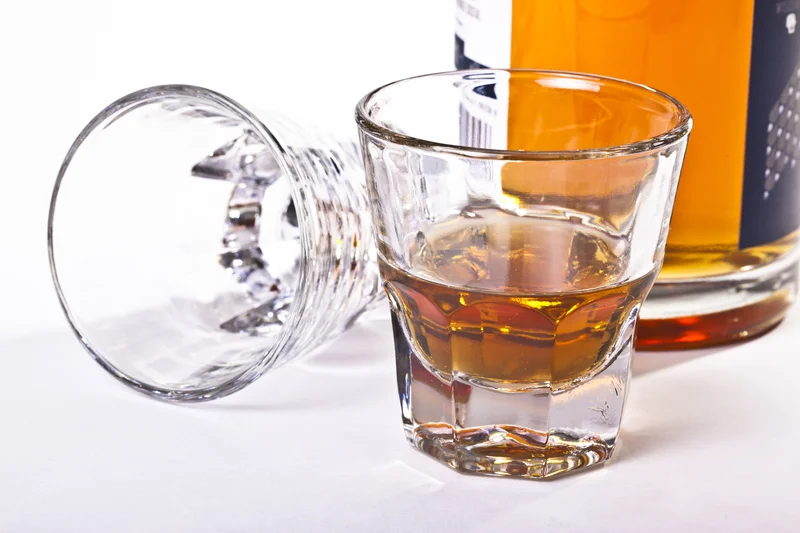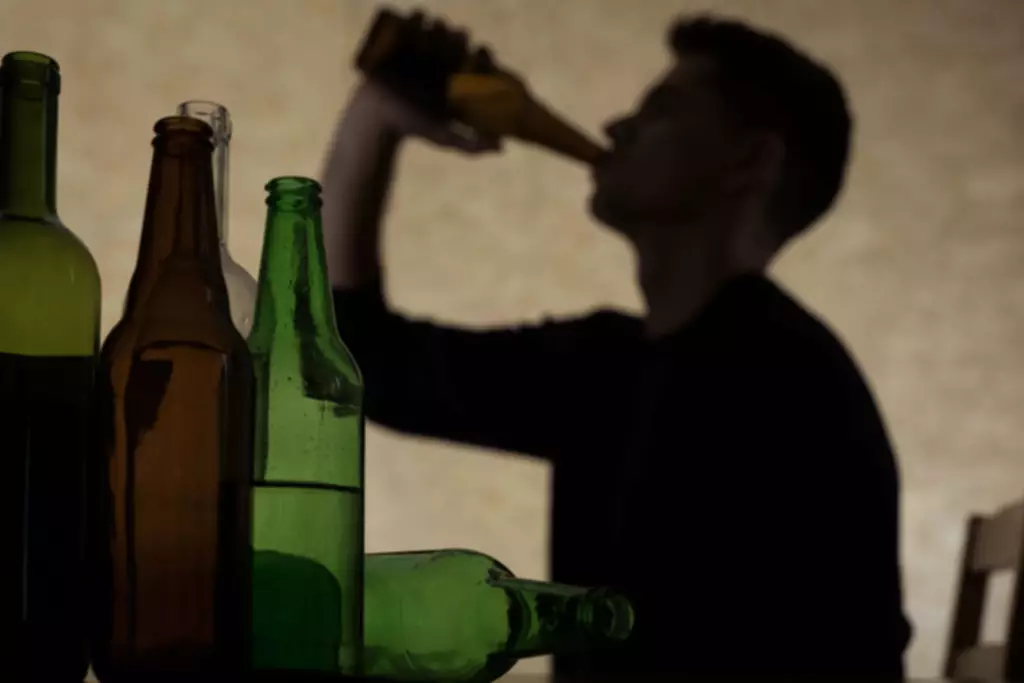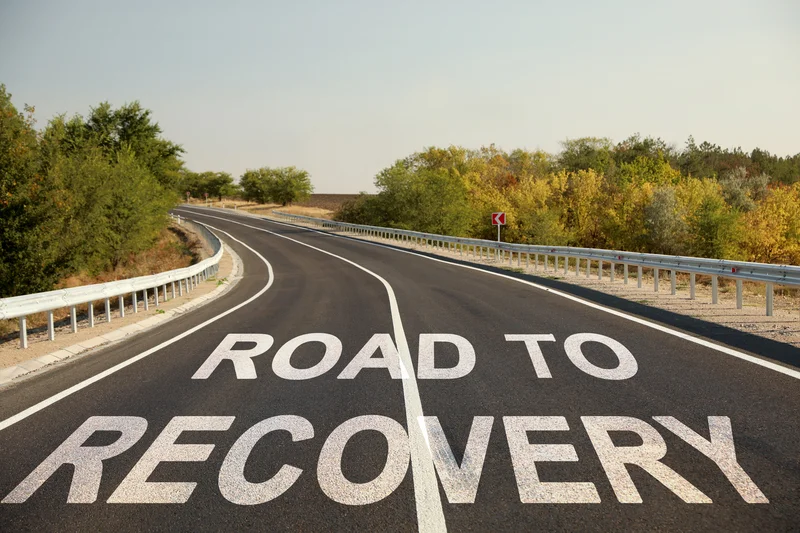
This may give your liver more time to metabolize it, but that can also be accomplished by simply drinking more slowly. The amount of alcohol you consume will influence the symptoms you experience. Most hard liquors have high alcohol content; the alcohol by volume (ABV) of liquor is around 40%. Electrolytes are found in common foods, including salt, bananas, and watermelon, and can also be consumed from electrolyte-specific drinks or mixes. A vodka with soda is likely more hydrating than just a shot of vodka because you’re consuming more fluids from the soda.

Why Does Drinking Alcohol Cause Dehydration?
This will not only help to keep you hydrated but will also help to reduce the overall amount of alcohol you consume. Signs of dehydration from alcohol consumption can include dry mouth, increased thirst, fatigue, dizziness, and headache. These symptoms are often exacerbated after drinking due to the effects of alcohol on hydration. More severe symptoms may include confusion, rapid heartbeat, and dry skin, indicating that chronic dehydration has occurred. In summary, understanding how much alcohol dehydrates you involves recognizing its diuretic properties and their implications for hydration levels within your Twelve-step program body. The type of beverage consumed plays a vital role in determining its dehydrating potential—spirits being particularly impactful due to their high alcohol content.
How To Stop Peeing So Much When Drinking Alcohol

Despite alcohol’s historic worldwide popularity, we’re still largely unsure of exactly how it has these effects. Alcohol can impact your hydration levels regardless of the time of day, as its dehydrating effects are consistent. Foods high in water content, such as fruits and vegetables, can help replenish lost fluids and electrolytes after drinking alcohol. Yes, consuming drinks that are very cold can impact how quickly your body absorbs the alcohol, potentially leading to increased dehydration. Yes, beverages with higher alcohol content, such as spirits, tend to dehydrate you more than lower-alcohol drinks like beer or wine. But long-term and excessive alcohol consumption can lead to liver inflammation (liver hepatitis).
Dehydration From Alcohol: 5 Tips to Prevent and Treat It
- This is because milk has been shown to promote rehydration, even more so than some sports drinks.
- One drink is typically defined as 12 ounces of beer, 5 ounces of wine, or 1.5 ounces of liquor.
- This isn’t just your body’s way of rejecting excessive alcohol; it’s also a substantial contributor to dehydration.
- Studies have pointed to additional causes, such as inflammation, gastrointestinal irritation, and poor sleep.
Some can be tricky — like high-quality wines with a higher alcohol by volume than low-quality wines. There’s less air pressure, so alcohol enters your bloodstream even more rapidly. If you’re drinking at altitude, you should probably start out with less alcohol than usual. Remember to listen to your body, prep with hydration minerals (aka electrolytes), and never drink on an empty stomach.

An ice-cold, refreshing beer in the sun is often more tempting than plain water, but does beer hydrate you?

Most guidelines recommend aiming for a total fluid intake of about 11.5 cups (2.7 L) for women and 15.5 cups (3.7 L) for men, which includes water from both foods and beverages (16). You can also pair the listed drinks with plenty of water throughout the day to help you stay hydrated. In addition, certain types of energy drinks contain other ingredients that could contribute to dehydration. Still, enjoying these drinks in moderation and pairing them with other beverages in your diet, such as water, is unlikely to cause dehydration.
- The more you drink, the more substantial burden you place on your kidneys.
- If you’re not consciously keeping track of the drinks you’ve chugged, it’s easy to go over these limits.
- This is a natural part of respiration, and under normal circumstances, it’s a minimal loss that doesn’t significantly affect your overall hydration status.
- Dehydration can cause mild symptoms like headache, dry mouth, dizziness, and fatigue, or severe issues like damage to the brain, heart, kidneys, and even death (1).
- The study concluded that recovering from dehydration is effectively the same whether you’re rehydrating with water or a beverage containing up to 2% alcohol.
with BodyBio

This can increase your BAC significantly if you don’t replenish your body’s supply with a few sips of water as you drink. Your body’s metabolism can turn some components of does alcohol dehydrate you alcohol into nutrients and energy. This happens at a rate of about one beer, a small glass of wine, or one shot of liquor per hour. Following these tips will help you stay optimally hydrated if consuming multiple whiskey drinks.
Health Goal
It is recommended to drink a glass of water for every alcoholic drink consumed to help maintain adequate hydration levels. Signs of dehydration include dry mouth, fatigue, dizziness, dark urine, and a rapid heartbeat. It’s important to drink water and electrolyte-rich fluids to https://ecosoberhouse.com/ combat these symptoms.
